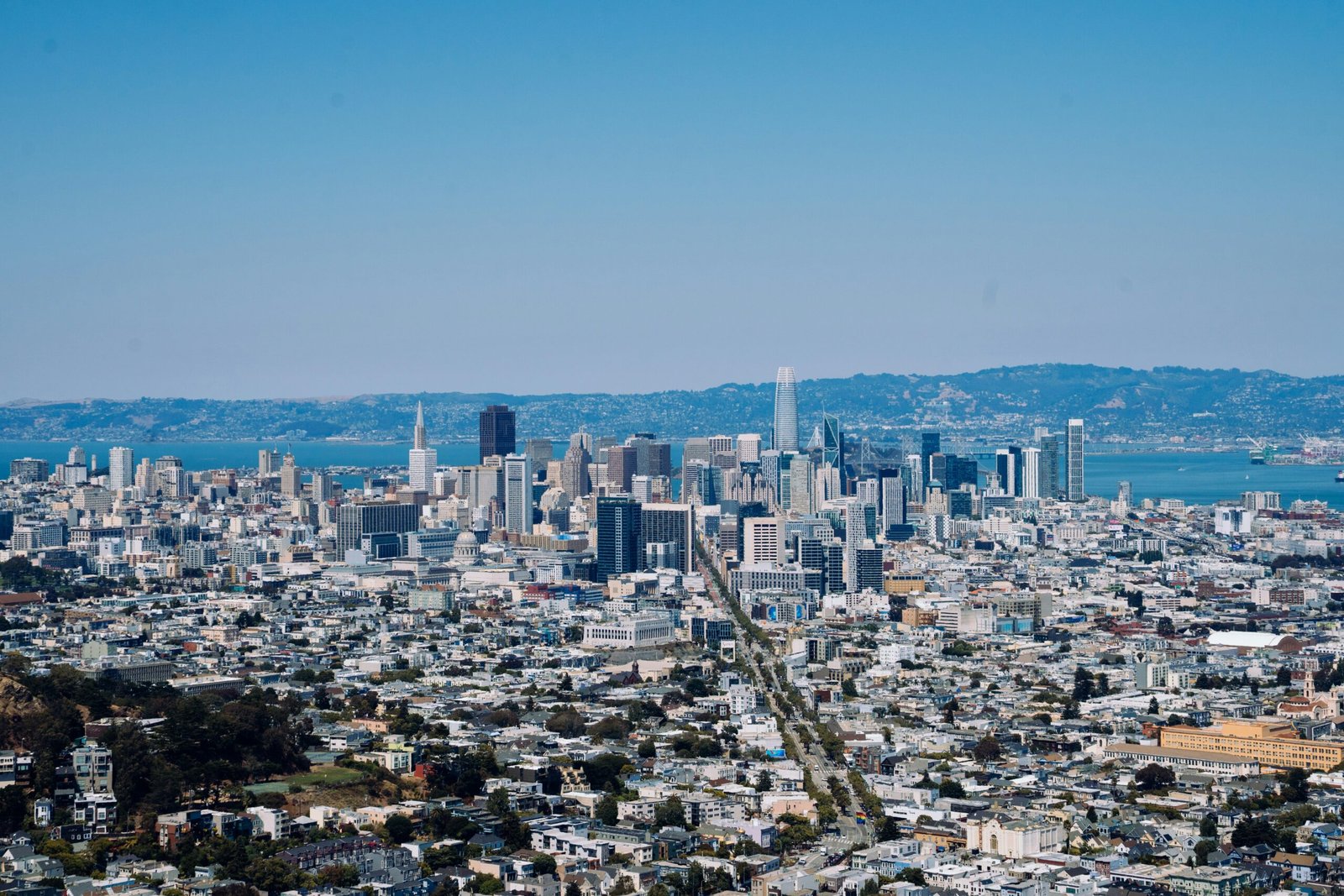When it comes to hiring Machine Learning talent, the rivalry between San Francisco and New York City is alive and well, but it’s not much of a fair fight.
Both cities are tech hubs with global reputations. Both offer sky-high salaries, well-funded startups, and elite research institutions. And both have their fair share of engineers building ambitious AI products. But in 2025, for the kind of Machine Learning Engineers that shape product direction, publish papers, and obsess over training data – San Francisco still wins.
Not because of hype. But because of what’s actually happening on the ground.
An ecosystem engineered for deep tech
There’s a reason the most ambitious engineers continue to move west. It’s not just the proximity to capital, or the volume of AI roles. It’s the quality and concentration of the companies being built, and the type of problems they’re solving.
In San Francisco, early-stage startups aren’t just applying AI to user flows. They’re building foundational models, launching new infrastructure layers, and training systems that don’t have existing benchmarks. For ML Engineers, that’s magnetic. It means they get to work on problems that don’t already have answers and they get to do it alongside people who know what good looks like.
Compare that to the NYC landscape, where much of the AI application is tied to fintech, enterprise SaaS, or operational efficiency tools. There’s brilliant engineering happening, but it’s often more focused on scaling existing models rather than inventing new ones.
And for engineers who want to stretch the limits of what ML can do – who care about novelty, exploration, and applied research – San Francisco offers more oxygen.
Talent attracts talent
Ask any ML Engineer in San Francisco why they’re there, and one answer comes up again and again: the people.
The density of technical talent – especially in the Machine Learning and Applied Research space – is unparalleled. From Google Brain alumni now leading small teams, to open-source contributors who meet up in cafés to debug each other’s experiments, there’s a level of peer-driven development that’s hard to replicate elsewhere.
It’s not just about hiring great people, it’s about being surrounded by them. Whether you’re attending an EleutherAI meetup, a LangChain hack night, or simply bumping into someone from your NeurIPS citation list at a bar in Hayes Valley, there’s a feeling in SF that you’re in the middle of something.
In contrast, engineers in New York often talk about being the smartest person in the room – not in a flattering way, but in a limiting one. The city has incredible individual talent, but it lacks the same communal pull. The serendipity isn’t the same. And in a field as fluid and fast-moving as ML, that kind of isolation can start to weigh.
Capital and conviction
It’s easy to assume engineers only go where the money is. And while compensation matters, the kind of engineers building the next generation of AI products are also deeply attuned to signals of momentum.
In 2024 alone, Bay Area startups raised over $90 billion in venture capital, more than 57% of all startup funding across the U.S. – with a huge share flowing into AI and deep tech.
But beyond the headline numbers, what sets San Francisco apart is the type of companies that get funded.
These are often founder-led teams with technical depth, well-articulated visions, and strong first hires. The early engineers brought into these startups aren’t just “the first ML person.” They’re architects of the product, shapers of infrastructure, co-authors of the go-to-market strategy.
In New York, even well-funded startups often skew more commercial in tone – with technical hires bolted on after a business case is proven. That dynamic doesn’t appeal as strongly to ML talent who want to co-create the product from day zero.
The network effect no one talks about
One of the most underrated advantages of San Francisco is how easy it is to stay current. Not through online courses or industry reports, but through conversation.
The number of informal reading groups, small-scale workshops, and researcher happy hours happening in the Bay Area every week creates a constant surface area for learning. It’s not about building your resume, it’s about staying sharp.
There’s a cultural expectation in San Francisco that you’re building something, or helping someone else build. That you’re testing ideas in public. That you’re trying things, even if they break.
And for engineers that creates an environment where growth feels inevitable. In New York, those touchpoints exist. But they tend to be more formal, more siloed, and less frequent.
So does NYC stand a chance?
Of course. NYC has serious momentum in AI-adjacent industries like finance, healthcare, and policy. It has access to big enterprise budgets, which means startups building B2B applications can land large contracts faster. It’s also the city of ambition, and that matters.
But for early-stage ML talent, San Francisco still offers a more complete package. There’s a sense of technical depth, creative freedom, and shared obsession that’s hard to replicate. The community runs on curiosity, not compliance. And engineers notice.
If you’re a founder building in SF, you’re in the right place. But attracting the right people still takes work.
Building your Machine Learning team in SF?
Codexo works with early-stage AI startups and scaleups in the Bay Area to hire the ML Engineers, Research Scientists, and Applied Generalists who can push your product forward.
If you’re hiring, we’d love to talk.


